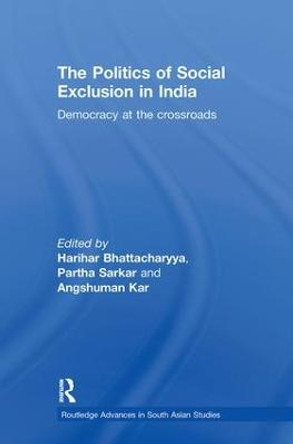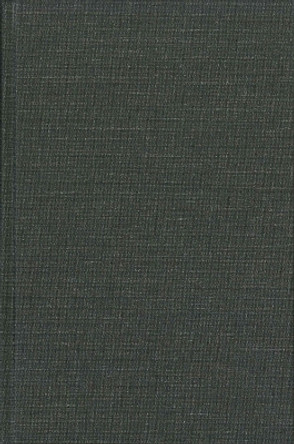This volume provides a cross-disciplinary analysis by leading social scientists of contemporary India of the transformations unleashed by the introduction of egalitarian and liberal principles of government within the context of the colonial legacy, hierarchial social order, group-based identities and plural cultures. Among the transformations discussed are the electoral upsurge of historically marginalized groups creating a 'political democracy of castes', the autonomous mobilization of lower castes and dalits in competition with each other and in opposition to upper castes to assert social equality and capture state power, corruption of institutions by government, tendency towards regionalization, fragmentation of national political parties, violence between Hindus and Muslims, and economic reforms increasing inter-state disparities. The role of the electronic media, the police and the judiciary are also examined as countervailing forces at the all-India level. The book ends by addressing current debates about the implications for democratic principles protecting minority rights of Hindutva, a Sanskritic-based cultural definition of Indianness advanced by the Bharatiya Janata Party, and whether a parliamentary or presidential system is best suited to India.
Reviews...the strength of the book lies in the three thematic chapters that bring together the country experiences to study the industry evolution, and the role played by migration and multinational corporations in this industry: these should be essential reading for all development economists and policy makers. * The Economic Journal *
Book InformationISBN 9780195658323
Author Dr Francine FrankelFormat Paperback
Page Count 456
Imprint OUP IndiaPublisher OUP India
Weight(grams) 431g
Dimensions(mm) 215mm * 140mm * 25mm








